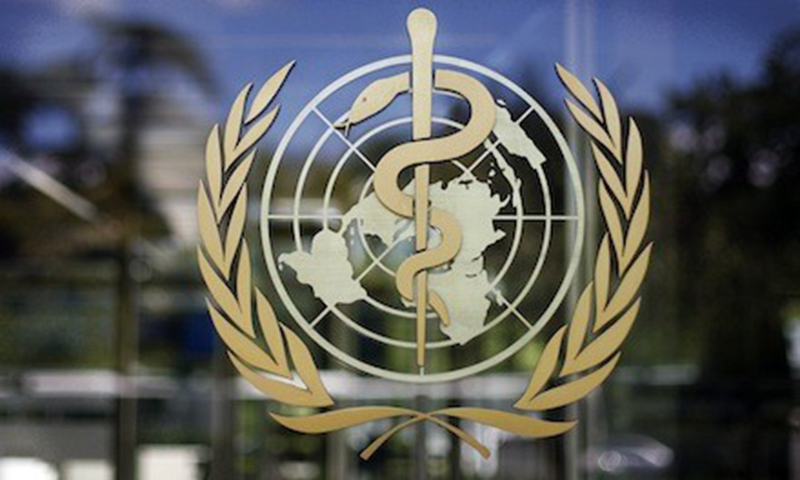ISLAMABAD: The World Bank on Friday approved a credit of $61.6 million to reduce stunting among children of five years or less in Pakistan, particularly in some districts in Sindh where children are shorter than the average heights.
The Sindh Enhancing Response to Reduce Stunting project will support measures aimed at improving the nutrition status of mothers and children in 23 districts of the province where stunting rates are more than 40 per cent.
The project will contribute to the reduction of the stunting rate by one percentage point a year, or from 48pc to 43pc by 2021.
Sindh, with an estimated population of 51m comprises about a quarter of the country’s population; it is the second most populous province of the country and is nearly 50pc urban. The most recent data shows that 48pc of children under five suffered from stunting and 15pc from wasting.
Stunting, or short height for age, and wasting, or low weight for height, are said to be important public health indicators.
The situation differs across the province, with highest rates of stunting for the districts of Tharparkar and Umerkot with 63pc and 66pc, respectively, and as low as 33pc to 36pc for the urban districts of Karachi.
The project’s two components will increase the coverage of a multi-sectoral package of services to deliver results related to maternal and child nutrition, hygiene and sanitation practices and quality and diversification of dietary practices; and strengthen key cross-cutting interventions for better management, communication, results monitoring and piloting of a conditional cash transfer programme.
“Stunting is a serious problem in Pakistan and remains unchanged for 50 years. It severely impacts the learning of children,” said Illango Patchamuthu, World Bank Country Director for Pakistan. “The project is part of the Sindh government’s plans to reduce stunting in the province by providing a package of services.”
The project will target the nutritionally most vulnerable populations: pregnant and lactating women to improve their nutritional status and to reduce the risk of low-birth weight babies; children aged 0 to 59 months, especially the first 1,000 days of life, when stunting and its associated pathologies are most preventable, and the following period when programmes can influence healthier future eating habits.
Published in Dawn, May 28th, 2017













































